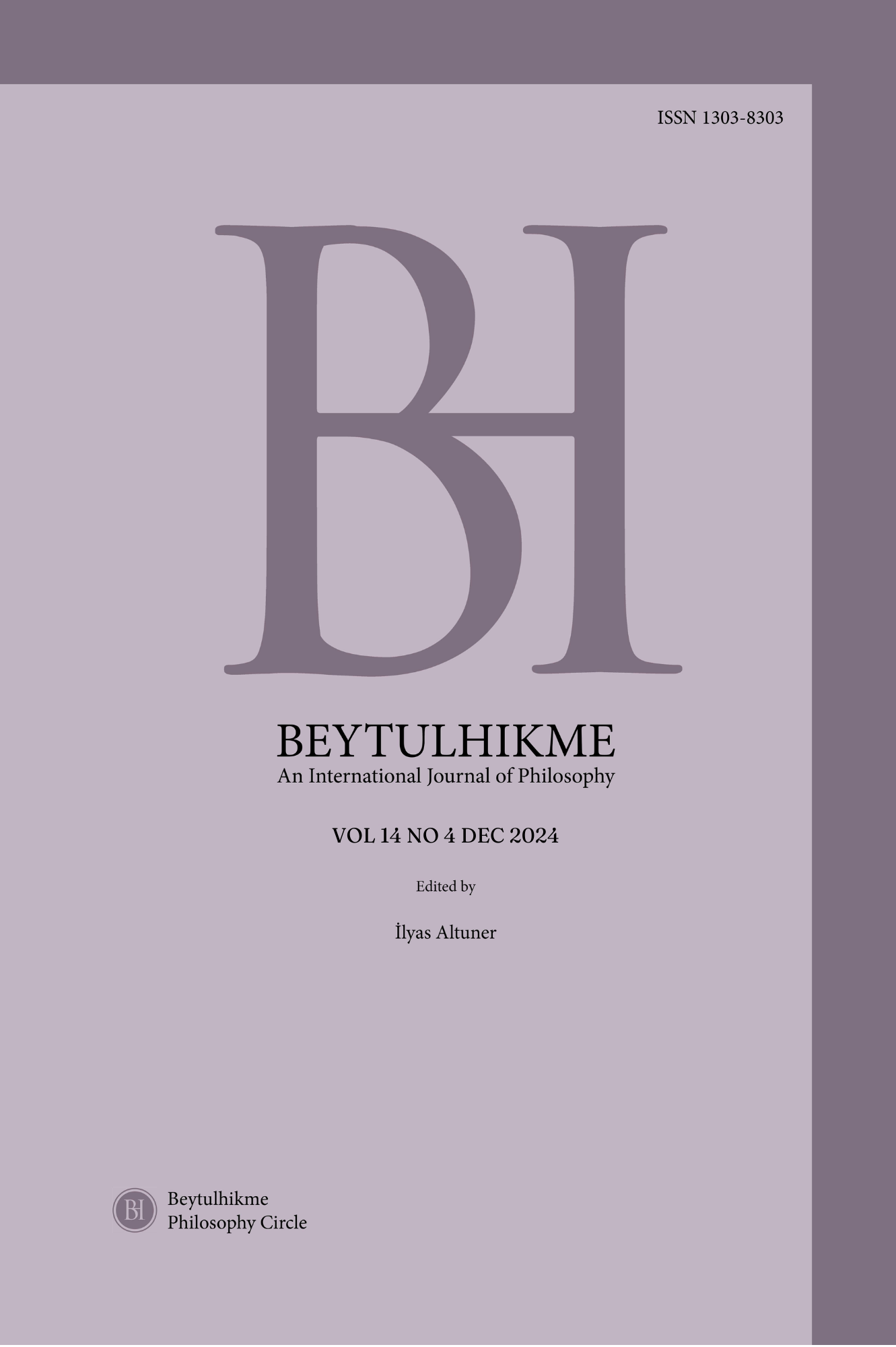Author :
Abstract
Michel Foucault, Batı düşünce sisteminde genel bir eğilimin tersine negatif yapıyı dikkate alır. Onun neredeyse tüm çalışmalarında toplum tarafından tehlikeli kabul edilen bireylerin sesi duyulur. Deli, sarhoş, suçlu, hırsız, eşcinsel, fahişe okuyucuya iktidarın bireyselleştirme işlemini nasıl gerçekleştirdiğini göstermek adına oradadırlar. Bu çalışmada yapılmak istenen tehlikelilik kavramını anlamaya çalışmaktır. Tehlikelilik, suç ve ceza yöntemi ile doğrudan ilgilidir. Kavramı anlamak için öncelikle lettre de cachet uygulamasına değinilmiştir. Bu uygulama mutlak iktidarın nasıl topluma yayıldığını gösterir. Aynı zamanda toplumda istenmeyenlerin nasıl bir keyfi mekanizma ile öteki haline dönüştürüldüğünü açıklar. Sonraki yüzyıllarda oluşan disiplinci iktidarın soybilimi buralara dayanır. Disiplinci iktidar ise bireylerin tüm davranışlarını hesaplayan, ona bireysellik dayatan iktidar biçimidir. Tehlikeli bireyler bu iktidar modeline göre belirlenir, kontrol edilir, uysallaştırılır. Diğer bir deyişle tehlikeli bireyler disiplinci iktidar modeline göre inşa edilir. Ceza usulü olarak karşımıza çıkan tehlikelilik hukuksal düşüncenin evreninden çok daha geniş bir evrende merkezi bir tema haline gelir.
Keywords
Abstract
Contrary to a general tendency in Western thought, Michel Foucault pays attention to negative structure. In almost all of his works, the voices of individuals deemed dangerous by society are heard. The mad, the drunk, the criminal, the thief, the homosexual, the prostitute are present to show the reader how power performs the work of individualization. The aim of this article is to explore the concept of dangerousness. Dangerousness is directly related to the methods of crime and punishment. To grasp the concept, the article first discusses the practice of lettre de cachet. This practice demonstrates how absolute power permeates society. It also explains how undesirables in society are arbitrarily transformed into the other. The genealogy of the disciplinary power that developed in the following centuries has its roots here. Disciplinary power is a form of power that calculates all behaviors of individuals and imposes individuality upon them. Dangerous individuals are identified, controlled and pacified under this model of power. In other words, dangerous individuals are constructed through the mechanism of disciplinary power. Dangerousness, which appears as a criminal procedure, transcends the legal framework to become a central theme in a much broader framework.





